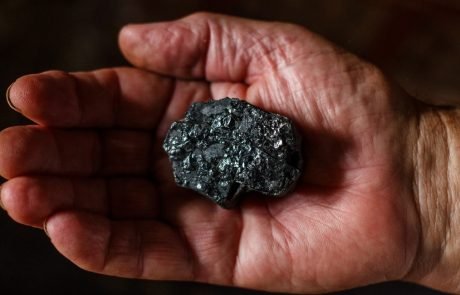This article was originally published by our partner website, Wszystko co najważniejsze. Zhudong, Espoo, Bilbao, Cambridge, Munich are the cities where the largest organisations dealing with applied research and
Archive for 2019
If greenhouse gases continue to rise at current rates, at least 50 per cent of the global population will be exposed to two particularly dangerous disease-spreading mosquitoes — Aedes aegypti
A second person may have been cured of HIV, ten years after the first patient, Timothy Ray Brown, known as the “Berlin patient”, received a similar stem cell transplant and
Scientists have developed a single-step gene editing process that can increase corn yields. The new technique uses pollen to transfer the components of CRISPR-Cas9 into another plant allowing them to
The idea of replacing petroleum products with alternative fuels produced from agriculture dates back to the 1973 and 1979 oil crises. But apart from the development of bioethanol from cane
Technology is making agriculture more efficient, however, technological advances may not be enough to counteract the impacts of an increasing global population on the environment. Rapid population growth and more
Scientists have developed a new way to capture and store carbon. The negative emission technology uses a liquid-metal electrocatalyst to transforms carbon dioxide gas into carbon-containing solids at room temperature.
A new study suggests that at certain carbon dioxide (CO2) levels the Earth could reach a tipping point at which dense low-lying cooling cloud layers could become unstable and break
Last Wednesday 20 February, a committee advising the Congolese Ministry of Health made the decision to provide the Ebola vaccine to pregnant and breastfeeding women, as well as babies under
A new report released on 22 February by the United Nations presents sombre findings and suggests that natural support systems for the human diet are deteriorating around the world. Agriculture









